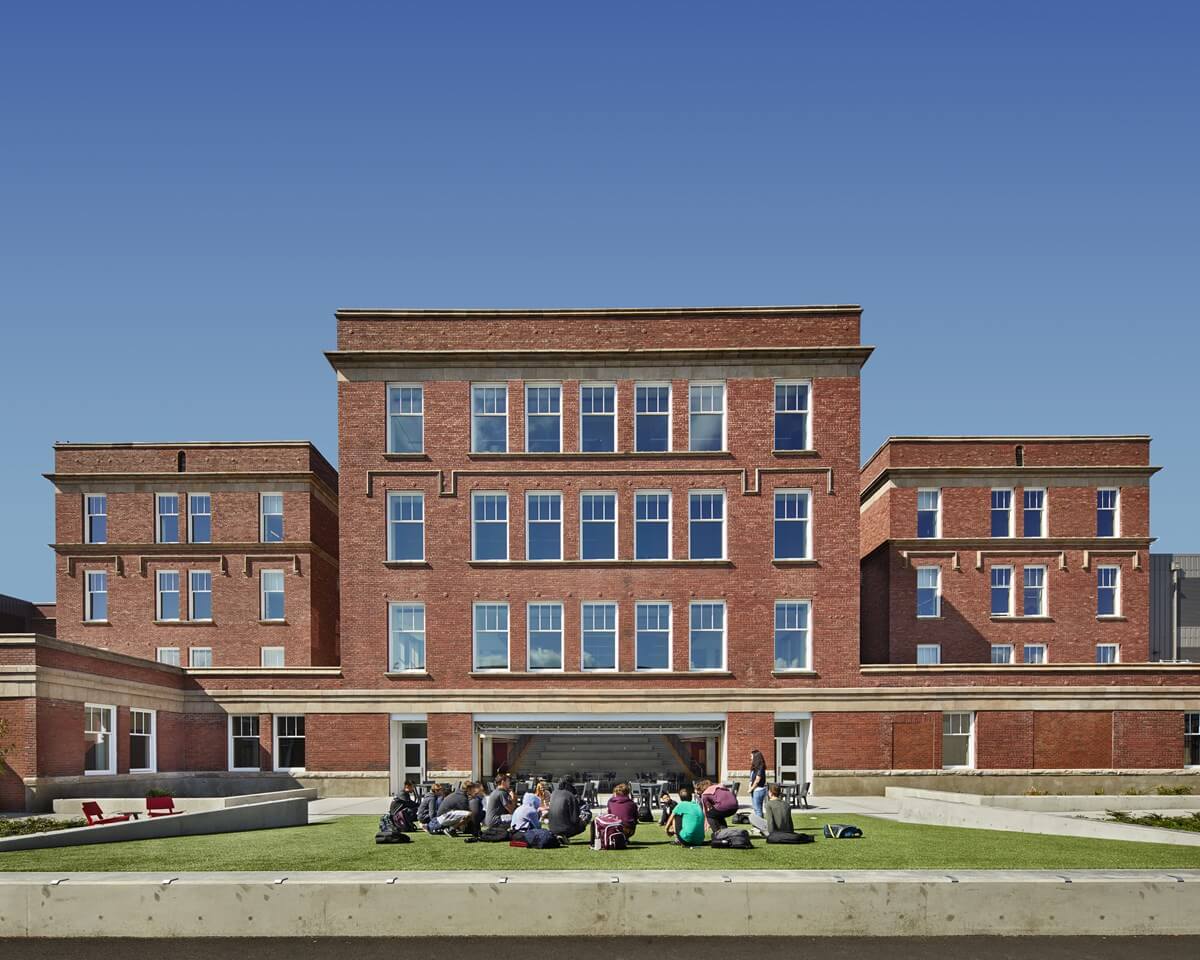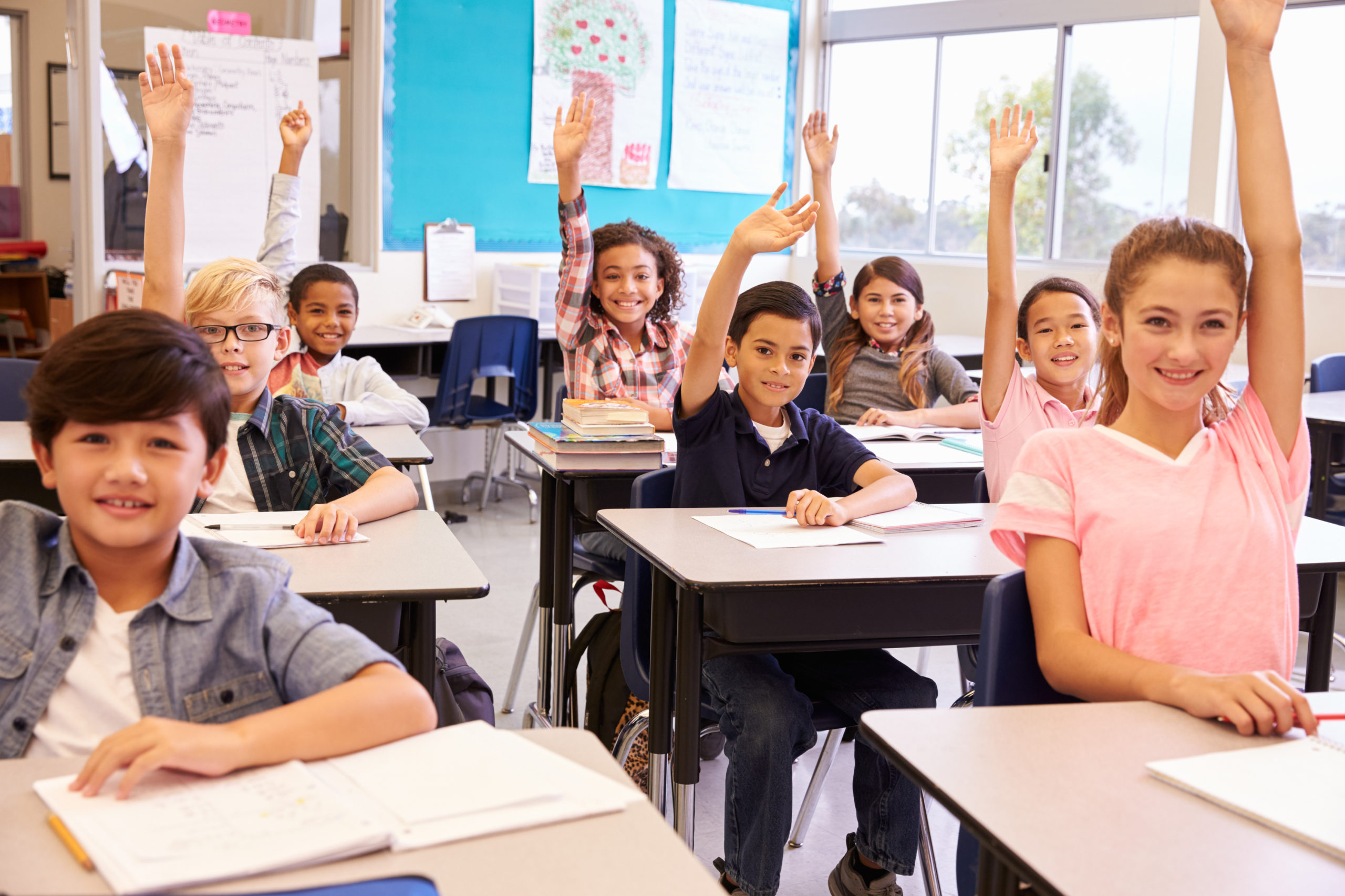Fundraising Ideas to Conserve Temecula Schools and Programs
Fundraising Ideas to Conserve Temecula Schools and Programs
Blog Article
Just How Schools Play a Vital Function in Shaping Future Leaders and Pioneers
By integrating project-based knowing and interdisciplinary research studies, educational organizations test pupils to analyze and manufacture intricate information. Teachers serve as mentors, assisting students and supporting their potential, while extracurricular activities better establish management skills and resilience.
Promoting Crucial Assuming
In today's swiftly progressing globe, fostering important thinking within universities has actually come to be paramount. As culture comes to grips with increasingly complex worldwide difficulties, the capacity to evaluate, evaluate, and synthesize info is vital. Colleges play a vital role in establishing these skills, preparing students to navigate and resolve complex troubles with informed, reasoned choices.
To grow crucial reasoning, instructors use numerous instructional approaches that motivate active learning and intellectual interaction. Class discussions, problem-based understanding, and Socratic examining contribute in advertising reflective and logical mind. By testing trainees to interrogate assumptions and take into consideration multiple perspectives, these approaches make certain a much deeper understanding of subject past memorizing memorization.
Moreover, incorporating essential believing across the educational program reinforces its value and applicability in diverse contexts. Topics such as mathematics, scientific research, history, and literature each deal distinct opportunities to develop trainees' vital faculties. For instance, evaluating historical events calls for recognizing and assessing resources context, while scientific query demands rigorous theory testing and evidence-based thinking.
Inevitably, instilling vital assuming skills in trainees outfits them with the cognitive tools essential for lifelong discovering and adaptability. It is with this foundational competence that future leaders will be able to innovate, address troubles, and contribute meaningfully to culture.
Encouraging Creative Thinking
Embracing creative thinking within academic structures galvanizes students to believe past conventional boundaries and explore innovative options. By incorporating creative endeavors and innovative reasoning exercises into the curriculum, colleges grow a setting where originality and imaginative thought are valued. This technique not only improves the educational experience yet likewise outfits pupils with the capacity to tackle real-world challenges in novel ways.
School can promote creativity through varied methods such as project-based knowing, interdisciplinary research studies, and the consolidation of arts and modern technology. Project-based understanding, for example, urges trainees to apply their understanding in useful, often collective, projects that require innovative analytical skills. Interdisciplinary research studies allow students to attract connections between various topics, thereby expanding their point of views and improving their imaginative capabilities.
Additionally, providing pupils with possibilities to involve with emerging technologies, such as coding and electronic style, even more nurtures their creative potential. These tasks trigger trainees to experiment, fall short, and iterate, which are important elements of the creative procedure (Save Temecula Schools). By keeping an encouraging setting where trial and error is urged, institutions can make certain that pupils develop the self-confidence to go after cutting-edge ideas
In essence, nurturing imagination in educational settings is vital for shaping future leaders and pioneers efficient in resolving complicated international problems with resourcefulness.
Promoting Collaboration

Carrying out group-based understanding components and participating tasks permits students to experience the dynamics of teamwork firsthand. This additional hints not only prepares them for the collaborative nature of modern workplaces but likewise supports leadership high qualities as they commonly need to handle functions such as project managers or team coordinators. Furthermore, collaboration in the class can damage down social barriers and advertise inclusivity, ensuring that each pupil feels valued and heard.
Moreover, incorporating modern technology can additionally support collaborative efforts. Tools like common electronic work spaces and interactive platforms make it possible for students to work with each other successfully, even outside the classroom. As students create these collaborative skills, they are better geared up to tackle complex difficulties and introduce, laying the foundation for their future duties as leaders and pioneers.
Role of Teachers as Mentors

Mentorship involves individualized attention, where educators recognize and nurture individual strengths and address weaknesses. Save Temecula Schools. Via individually communications, educators can tailor their guidance and assistance to meet each student's one-of-a-kind requirements, promoting a sense of self-confidence and strength. This tailored method cultivates a development state of mind, encouraging trainees to check out failings as opportunities see page for discovering and growth
In addition, instructors serve as duty versions, demonstrating the worths of integrity, empathy, and perseverance. Their mindsets and actions give a blueprint for pupils to imitate, instilling a sense of honest duty and social recognition. By developing a comprehensive and supportive classroom setting, educators allow students to develop social skills that are crucial for reliable management.
In significance, the important source mentorship supplied by teachers lays a fundamental framework for the advancement of future leaders, furnishing them with the understanding, skills, and worths needed to master an ever-evolving world.
Effect of After-school Activities
When incorporated successfully into the instructional structure, extracurricular tasks substantially enhance trainee growth and leadership possibility. These tasks provide trainees with opportunities to discover interests beyond the traditional curriculum, promoting a versatile capability. Clubs, sports groups, and arts programs grow crucial high qualities such as teamwork, time monitoring, and strength. Engagement in these tasks often requires trainees to handle duties, thus supporting their leadership capacities.
Additionally, extracurricular participation urges creative thinking and innovation. Students involved in debate, dramatization, or songs clubs learn to assume seriously and approach issues from varied perspectives. These experiences instill self-confidence, making it possible for pupils to voice their ideas and take initiative in numerous setups. By working together with peers from various histories, pupils likewise establish compassion and communication abilities, important traits for future leaders.
Study suggests that trainees included in such programs have a tendency to have greater grades and better participation documents. Therefore, institutions that focus on a balanced strategy to education, integrating robust extracurricular programs, are a lot more most likely to generate leaders and trendsetters equipped to meet the difficulties of the future.

Verdict
In verdict, colleges considerably shape future leaders and trendsetters by supporting vital thinking, imagination, and collaboration among pupils. By promoting an encouraging setting that values private strengths and synergy, institutions furnish students with the needed abilities to navigate future challenges and drive advancement.
As students develop these collaborative abilities, they are much better furnished to tackle intricate challenges and introduce, laying the foundation for their future duties as innovators and leaders.
By promoting important reasoning and problem-solving skills, teachers help trainees browse complex difficulties, preparing them for management roles in different fields.
By working together with peers from different histories, pupils also create empathy and communication skills, vital attributes for future leaders.
In conclusion, schools significantly form future leaders and innovators by supporting important reasoning, creative thinking, and cooperation among trainees. By fostering a supportive environment that values specific strengths and teamwork, schools furnish pupils with the needed abilities to browse future difficulties and drive advancement.
Report this page